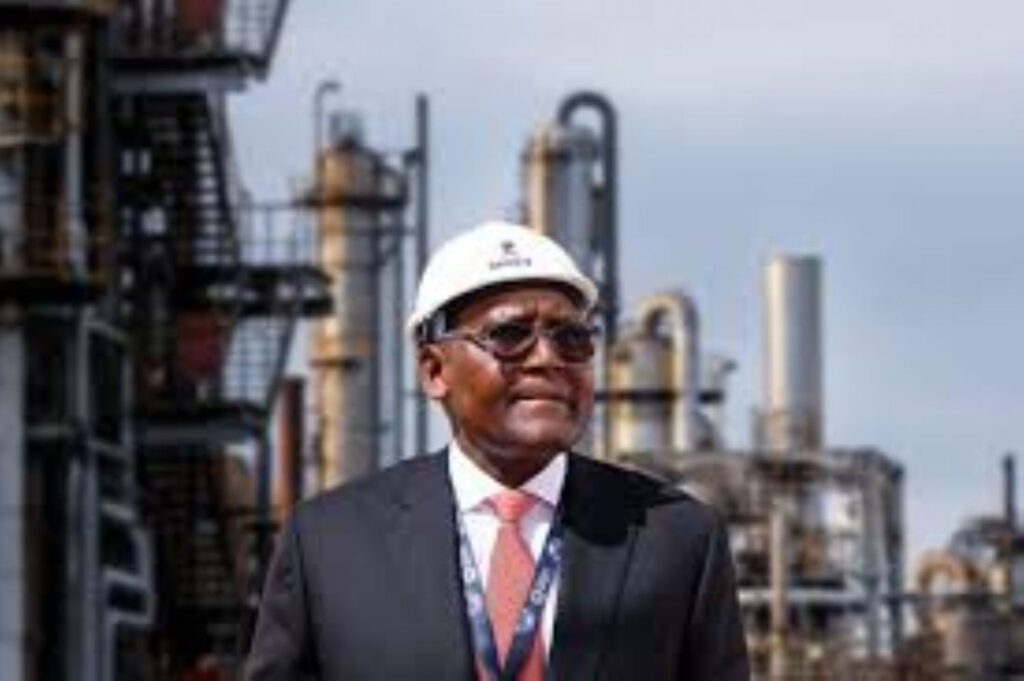The Nigerian oil market is experiencing significant tension following the Dangote Petroleum Refinery’s controversial decision to sell refined petroleum products in US dollars. This move has sparked intense debate and resistance from local petroleum marketers, particularly the Petroleum Products Retail Outlets Owners Association of Nigeria (PETROAN).
PETROAN’s leadership, led by President Billy Gillis-Harry, has vehemently opposed the dollar-denominated sales strategy. Their primary concern is the potential economic fallout from such a practice. The association argues that selling fuel in dollars would create substantial economic pressures, exacerbate inflation, and potentially destabilize Nigeria’s already fragile economic ecosystem.
The context of this conflict is complex. The Dangote Refinery, which represents a massive investment in Nigeria’s industrial infrastructure, has recently begun operations with a substantial daily refining capacity of 650,000 barrels. This development is significant for a country that has historically struggled with domestic refining capabilities and relied heavily on fuel imports.
While the refinery is simultaneously exploring international markets—evidenced by its export of aviation fuel to the United States—local marketers are deeply concerned about the domestic implications of its pricing strategy. The ability to export fuel demonstrates the refinery’s technical capabilities, but PETROAN believes this should not come at the expense of local market dynamics.
The association is particularly worried about the potential chain reaction of dollar-based sales. They fear it could trigger panic buying, create artificial scarcity, and place undue pressure on Nigeria’s already challenged foreign exchange market. Their stance is clear: all transactions within Nigeria should be conducted in the local currency, the naira.
Moreover, PETROAN has highlighted a critical ongoing challenge in Nigeria’s petroleum sector. Despite the operationalization of multiple refineries, including the Nigerian National Petroleum Company’s two facilities and the Dangote Refinery, local production remains insufficient to meet the country’s daily petroleum demands. This context makes their call for maintaining import windows and ensuring stable supply even more significant.
The marketers’ position is nuanced. They are not anti-development or anti-Dangote; instead, they are advocating for a balanced approach that protects local economic interests while supporting industrial growth. They remain committed to promoting local production, recognizing its potential to generate jobs, ensure energy security, and stimulate economic growth.
Source: PunchNg
